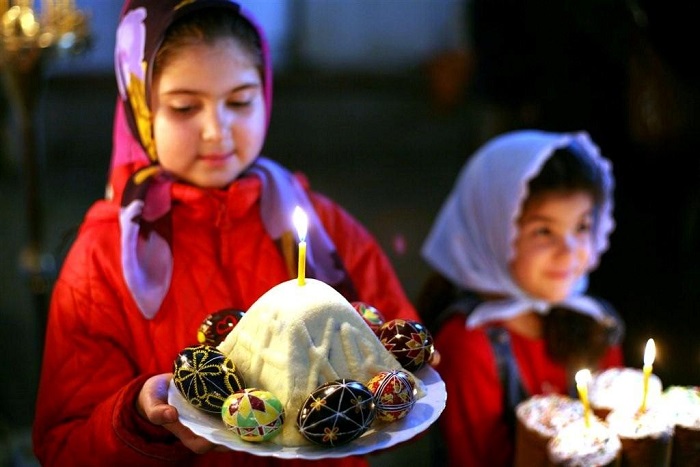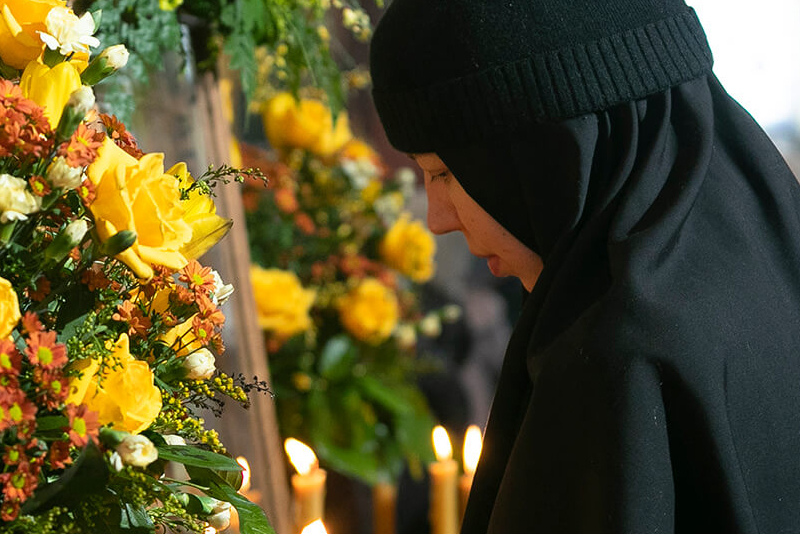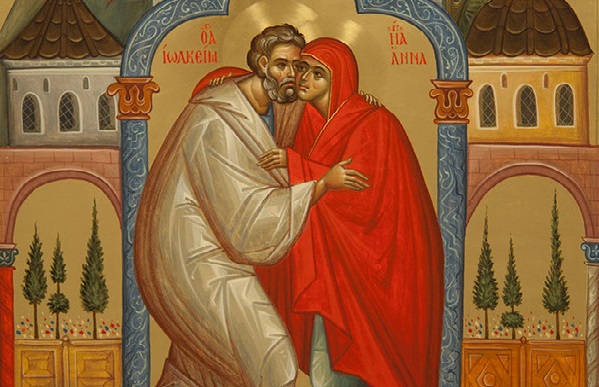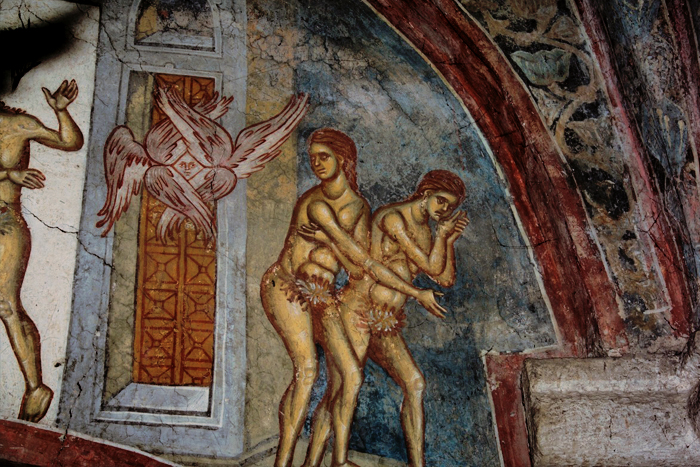
On Easter Eve, I congratulated all readers of my blog on the Resurrection of Christ. I wrote, “Every year of our God-given life, the Pascha of Christ grows grace inside us, kindles a spark of faith inside our souls and teaches us the unsurpassed love. By experiencing this Easter joy, we learn to live in the age to come. Christ is Risen, my friends!”
There were many comments under my post, one of which caught my eye, “Do you really believe that something grows somewhere? Either I’m asleep or you live in another dimension. People are going wild, sad, and depressed. Women struggle to feed their children. Men drink vodka. Children do drugs. People turn into savages. There is porn on TV and in newspapers… Is there anything we could be happy about? Can you really put the news that Christ is risen into our everyday context without going nuts? Doesn’t one of those realities influence another?”
I read the comment and wanted to give a brief, clear, and concise answer.
Unfortunately, I couldn’t. Our joy in God is too versatile and too difficult to describe. An unbeliever cannot see that our spiritual joy and suffering are intrinsically bound together. They depend on one another and are inseparable in essence. Even the most “enlightened” individuals appear to think that this condition is the result of our weak and bigoted minds and that we are involved in self-flagellation and self-torture by following the Apostolic commandment and being partakers of Christ’s sufferings (1 Peter 4: 13). People can neither understand why priests wear white vestments for funerals nor why a person who goes to a confession smiles so happily.
Does the priest sympathize with the family of the deceased? Of course he does. In spite of that, the entire funeral ritual is filled with a joyful affirmation of the blissful eternal life of the person who had spent his earthly life with God and went on to enjoy the afterlife with him.
Does a believer feel ashamed, uncomfortable and sorrowful because of his sins when he goes to the confession? Yes, he does. However, if he suddenly remembers “yet another sin” after he had his confession, he runs back to the lectern. That’s because he knows that God will forgive us if we confess our voluntary and involuntary sins honestly and without self-justification or fear. Confidence always makes one happy.

How can you compare the Sacrament of Repentance and the simple word Sorry that you say to the person whom you hurt, disappointed or wronged? The level of joy in each of these cases is incomparably different. God won’t tell you off after you repent; neither is He going to remind you, “Remember how you let me down?” We will never hear him say, “I don’t trust that guy,” like people of this world often do. He always trusts and forgives us.
That is why we are so happy when the Great Lent comes. That is why we wear a white shirt or a new kerchief to a confession. We do it to show that we are happy.
The delightful awareness of the fact that, aside from your friends and family, there is God who is able to grant you eternal life, invariably leads to a strong desire to share this joy with others. It is so incredibly great that you’d be wrong if you decided to keep it to yourself.
The more place for God there is in the heart of a human, the more filled with joy it is. Even if you face troubles or feel overwhelmed by the worldly routine – even if you look tired – you never cease to feel the joy. That is when you figure out what kind of joy apostles and many martyrs felt. The words of Apostle Paul will sound natural in your soul: I am exceeding joyful in all our tribulation (2 Cor. 7: 4).
Hieromartyr Hilarion Troitsky who lived in the early 20th century might have also heard a similar rhetorical question about the joy that is hard to understand when there is so much trouble and pain in the world. Here is what the holy man said: “They say that monks killed the joy of living. Nothing can be further from the truth! It is monks who have the real joy – the quiet and pure joy of virtuous souls. The fumes and intoxication that is habitually referred to as dolce vita is in fact gloomy and leads to surfeit and hangover… Tell me how many lay people crying from joy have you seen? Well, we monks often cry from joy and affection. We thank the Lord for his mercy. Every monk has had those tears of deep emotion; worldly delights pale in comparison to those tears.”
People often confuse joy with fun, and it’s our fault, too. These words are different. A Christian is almost always joyful. The difference of the modern world’s joy and the Christian joy is that a Christian places Christ, rather than his own pleasures and comfort, at the center of his life. We do not attempt to paint ourselves superior to the rest of the world… If you truly believe, your heart shall rejoice, and your joy no man taketh from you (John 16: 22).
Translated by The Catalog of Good Deeds



